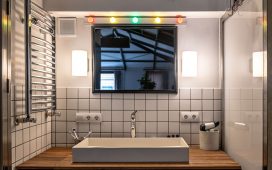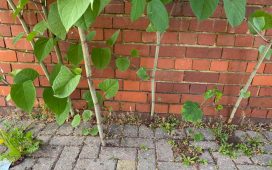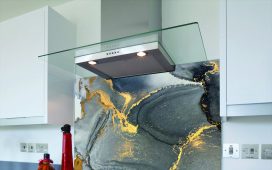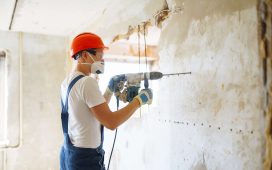Excessive moisture can result in you having an arched or bloated floor. While visible water damage can be found immediately, the root of the problem may be buried under the floor.
How can Moisture Affect Parquet?
The parquet will inflate more when the relative humidity is too high, resulting in ugly deformations. Depending on where the water is coming from, a distinct picture will look different:
- The centre of the rods curved upward or rises up as a result of moisture spreading from underneath.
- The “bowl” distortion, when the parquet deforms like a bowl with the sides pointing upwards, happens when moisture enters from above.
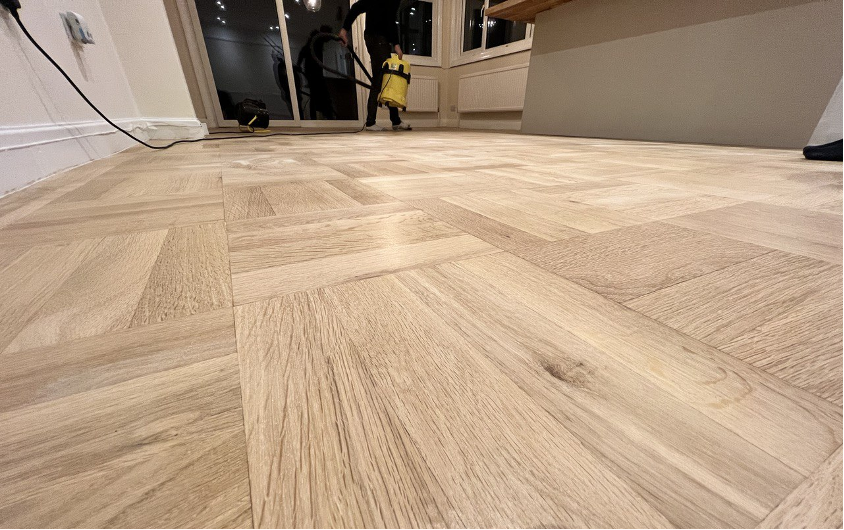
How to Fix It?
Step 1
If they are still firmly adhered, tap the pry bar on the tiles with a hammer to loosen them. The tiles frequently come off easily when there has been water damage, but others may be resistant.
Step 2
During the floor parquet repair, it’s crucial to remove all of the leftover glue. If not, the new tiles won’t adhere well and may come off easily.
Step 3
Using the advised trowel, spread the adhesive. For the proper notch size on the trowel, refer to the label on the glue container. Holding the trowel at a 45-degree angle can help you apply adhesive. This guarantees optimal glue adherence and maximum glue coverage.
Step 4
The new tile should be placed on the adhesive and carefully pressed into place. Keep the adhesive from being forced out from under the tile. Just enough pressure is used to remove air bubbles. Before using the new tiles, let the adhesive entirely dry. Normally, this takes 24 to 36 hours.
Repairing the floor by yourself is tough, if you require the assistance of an expert, turn to Wooden Flooring Experts: https://woodenflooringexperts.co.uk/wood-floor-restoration-services/.
We also provide professional floor sanding services throughout London.

